Marketing management means planning, organizing, and controlling your marketing activities to reach business goals in Malaysia. You use marketing management to understand customers, create value, and grow your business. Businesses of every size in Malaysia rely on strong marketing to boost profits, keep customers, and stand out from competitors. Studies show that companies using data-driven marketing management see higher growth, better customer retention, and improved return on investment.
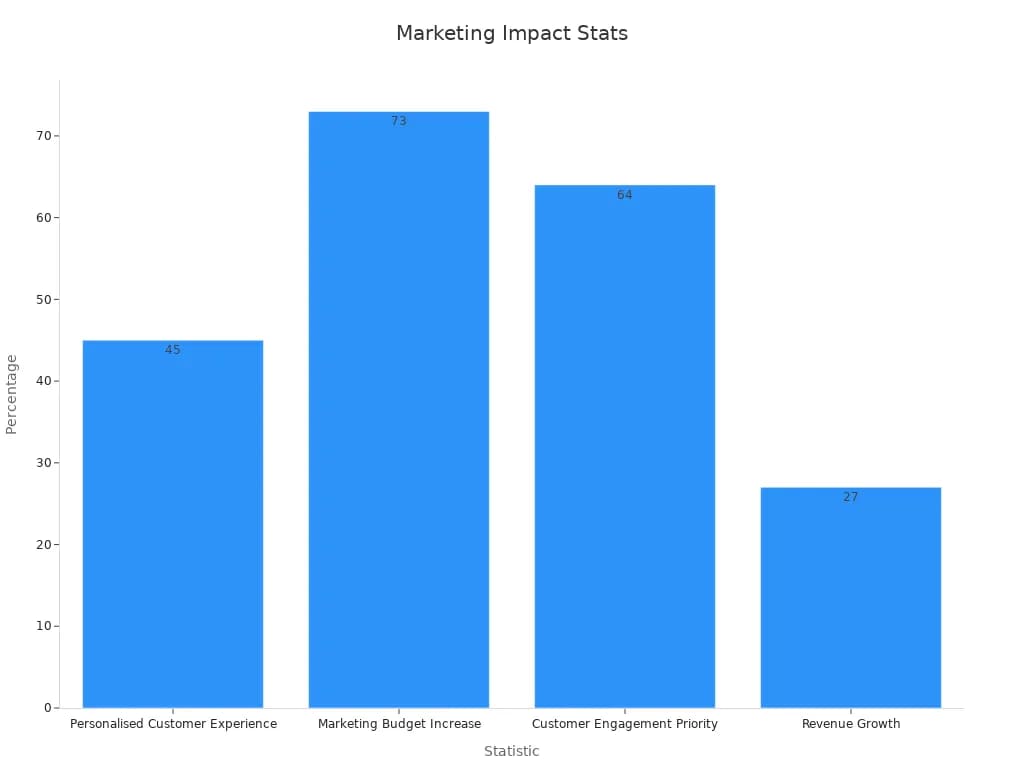
You can see how effective marketing management leads to real business results. When you understand marketing, you set your business up for success.
You use marketing management to guide your business in Malaysia toward its goals. This process means more than just selling products. You plan, organize, and control all marketing activities. You focus on understanding what your customers want and how you can deliver value to them. When you know what marketing management means, you set clear goals for your team. These goals often use KPIs, or key performance indicators, to measure progress. You can track how well your campaigns perform and see if you reach your targets. If something does not work, you adjust your strategy. This approach helps you manage your marketing efforts and see real results. For example, here is an financial KPI dashboard created by FineReport, enabling you to track financial performance.
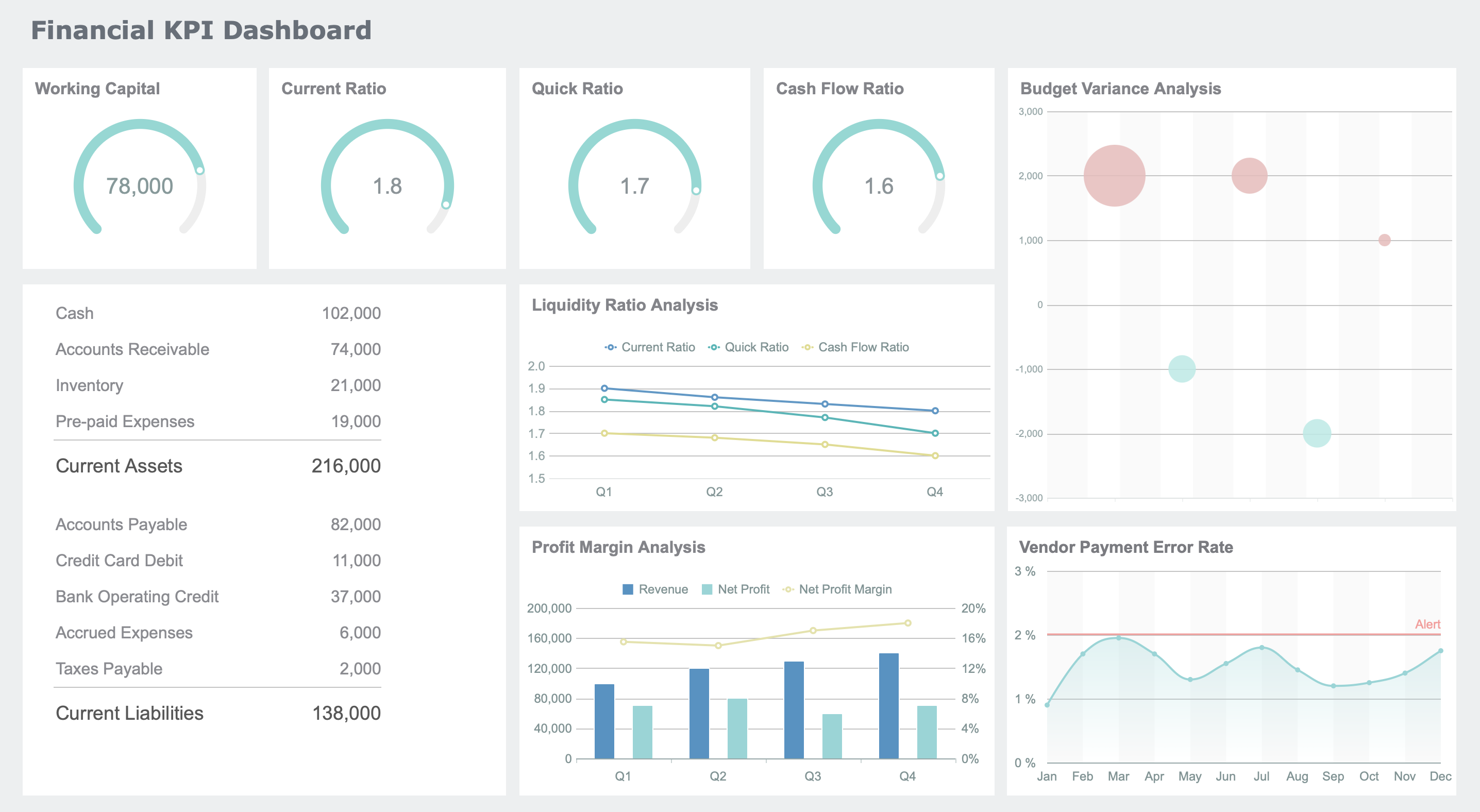
Tip: Setting measurable goals in marketing management helps you stay focused and make better decisions. You can see what works and improve what does not.
Here are some reasons why a clear understanding of marketing management matters:
Marketing management includes several key elements. You start by researching your market. You learn about your customers, your competitors, and the trends that shape your industry. Next, you set your marketing objectives. These objectives guide your actions and help you measure success. You also develop a marketing mix, which covers product, price, place, and promotion. Each part of the mix plays a role in reaching your audience.
The functions of marketing management include planning, organizing, directing, and controlling your marketing activities. You plan your campaigns, organize your resources, direct your team, and control the results. You use data to make decisions and improve your strategies. When you understand these elements, you can build strong marketing plans that help your business in Malaysia grow.
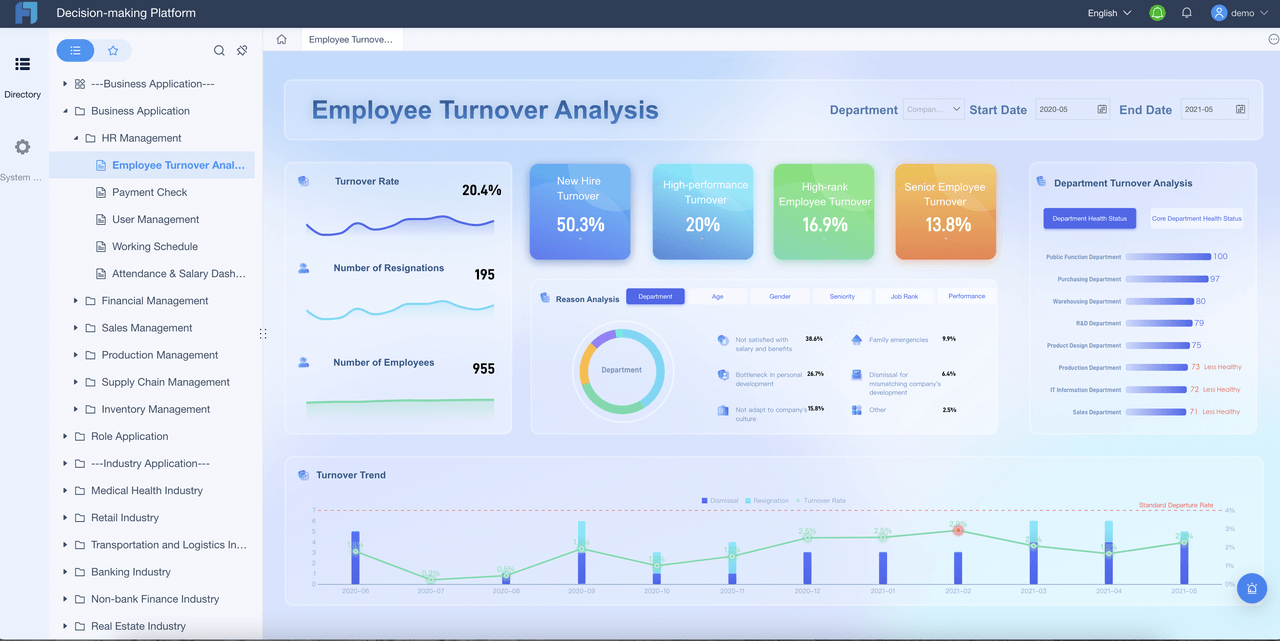
You play a key role as a marketing manager. You guide your team to understand what customers want and how to reach them. When you use marketing management, you help your business in Malaysia find new opportunities and avoid costly mistakes. You do this by researching your market, studying trends, and listening to feedback.
A marketing manager who uses research can spot unmet customer needs before competitors do. This gives your business in Malaysia a head start.
Here are some ways marketing management makes a difference:
A marketing manager who uses these steps can create strategies that boost brand awareness and increase sales. For example, Apple’s product launches build excitement and lead to record sales. Coca-Cola’s “Share a Coke” campaign made customers feel special and increased loyalty. These examples show how successful marketing management can drive real results.
You also need to measure your progress. A marketing manager tracks key performance indicators (KPIs) to see what works and what needs improvement. Tools like FineReport help you collect and analyze data from many sources. With FineReport, you can create dashboards that show sales trends, customer feedback, and campaign results in real time. This helps you make quick, smart decisions.
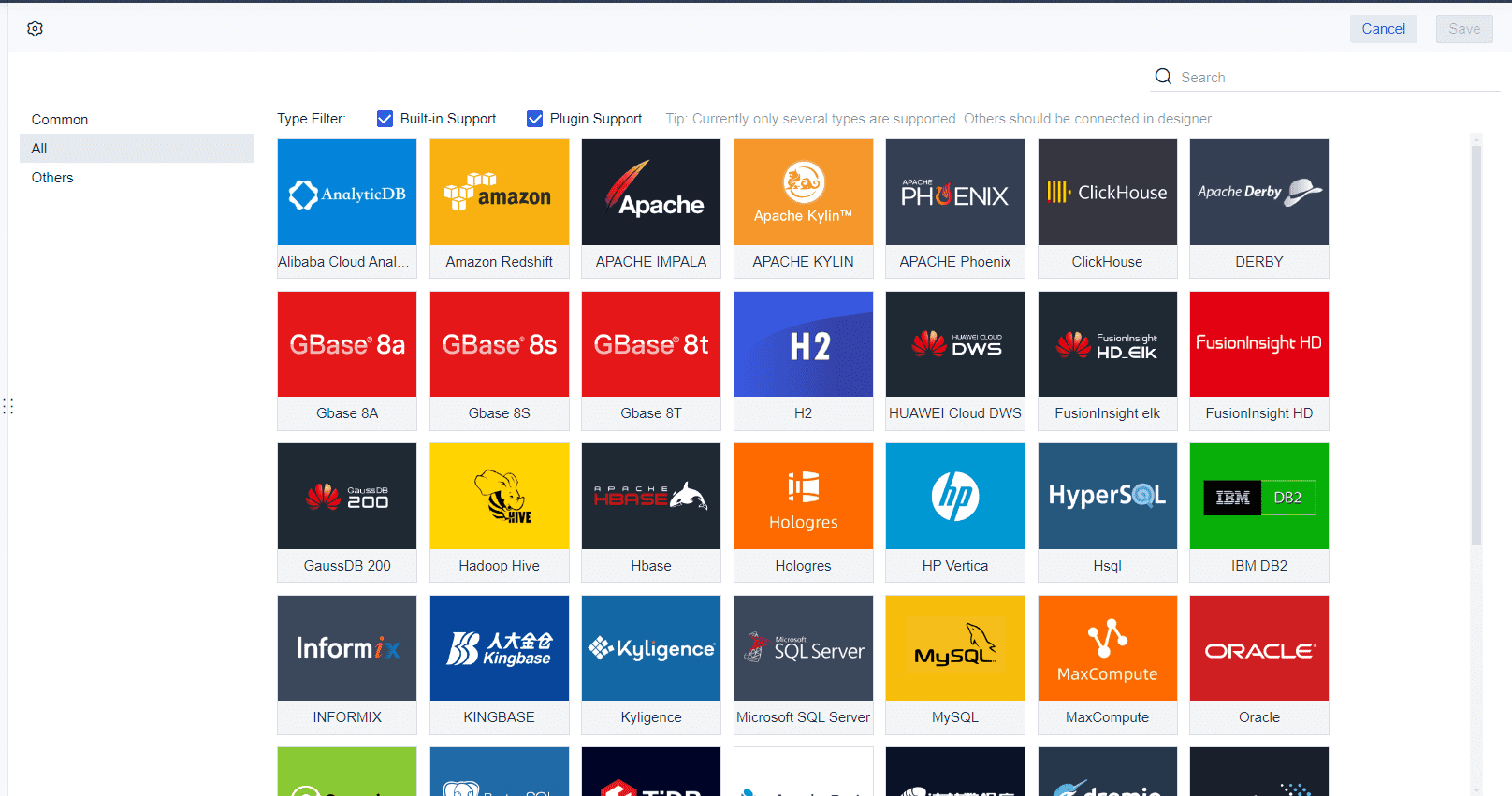
Tip: Using data-driven tools like FineReport lets you see the impact of your marketing efforts right away.
The importance of marketing management goes beyond just selling products. You help your company in Malaysia grow, build strong customer relationships, and stand out in a crowded market. Strategic marketing management means you plan every step, from research to execution, with clear goals in mind.
Industry studies show that companies with detailed marketing plans see higher profits and better efficiency. When you use SWOT analysis, you find your strengths and weaknesses. You also spot new opportunities and threats. This helps you make smart choices about where to invest your time and money.
The Profit Impact of Market Strategy (PIMS) study proves that strong marketing management leads to higher returns. Companies with high market share and good product quality earn more revenue and profit. When you focus on customer loyalty, innovation, and effective advertising, you increase your market share. This gives you advantages like lower costs and more bargaining power with suppliers.
A marketing manager who uses strategic marketing management can:
You can see these results in companies like Nike, which uses celebrity endorsements and emotional branding to grow its market share. Airbnb built trust and expanded globally by encouraging users to share their experiences online. These stories show how successful marketing management shapes business success in Malaysia.
You can also use tools like FineReport to track your KPIs and adjust your strategies. FineReport helps you visualize your data, monitor your campaigns, and make informed decisions. This supports your role as a marketing manager and helps your business in Malaysia stay ahead.
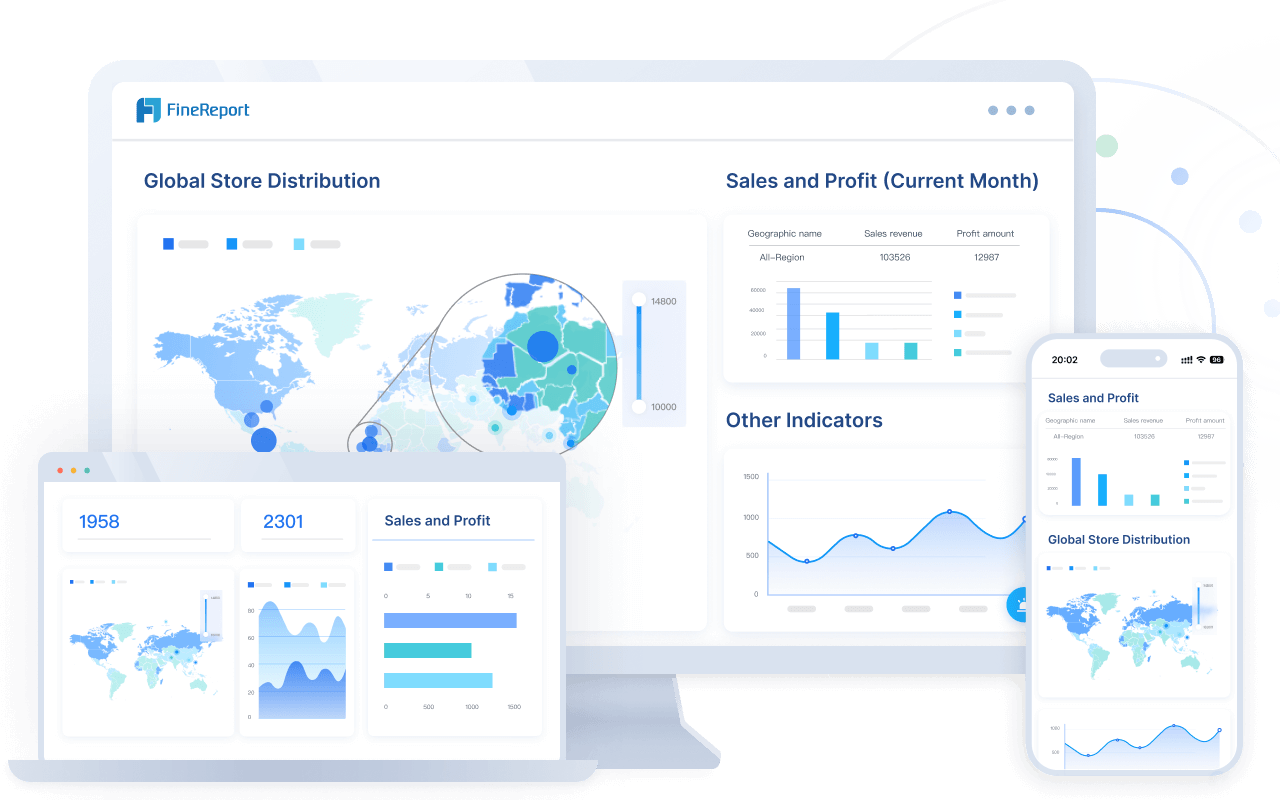
Note: Strategic marketing management is not just for big companies. Small businesses in Malaysia can also benefit by using data and planning to reach their goals.
You build a strong marketing strategy by following a clear set of steps. Each step helps you understand your market and reach your goals. Here is a simple process you can use:
Personalizing your marketing based on customer data can improve loyalty and make your campaigns more effective. Analyzing purchase patterns helps you create better offers and understand what your customers want.
FineReport helps you at every step. You can use it to collect data, analyze trends, and create reports. This makes it easier to plan effective marketing strategies and adjust your approach quickly.
Once you have a plan, you need to put it into action. You launch marketing campaigns, track results, and make changes to stay on course. Analytical reports play a big role here. They give you real-time and historical data about sales, customer behavior, and campaign performance. With these reports, you can spot problems early and fix them fast.
FineReport lets you build dashboards that show your key metrics. You see which marketing campaigns work best and where you can improve. This helps you control your marketing efforts and make smart decisions. When you use data to guide your actions, you create effective marketing strategies that drive business growth in Malaysia.
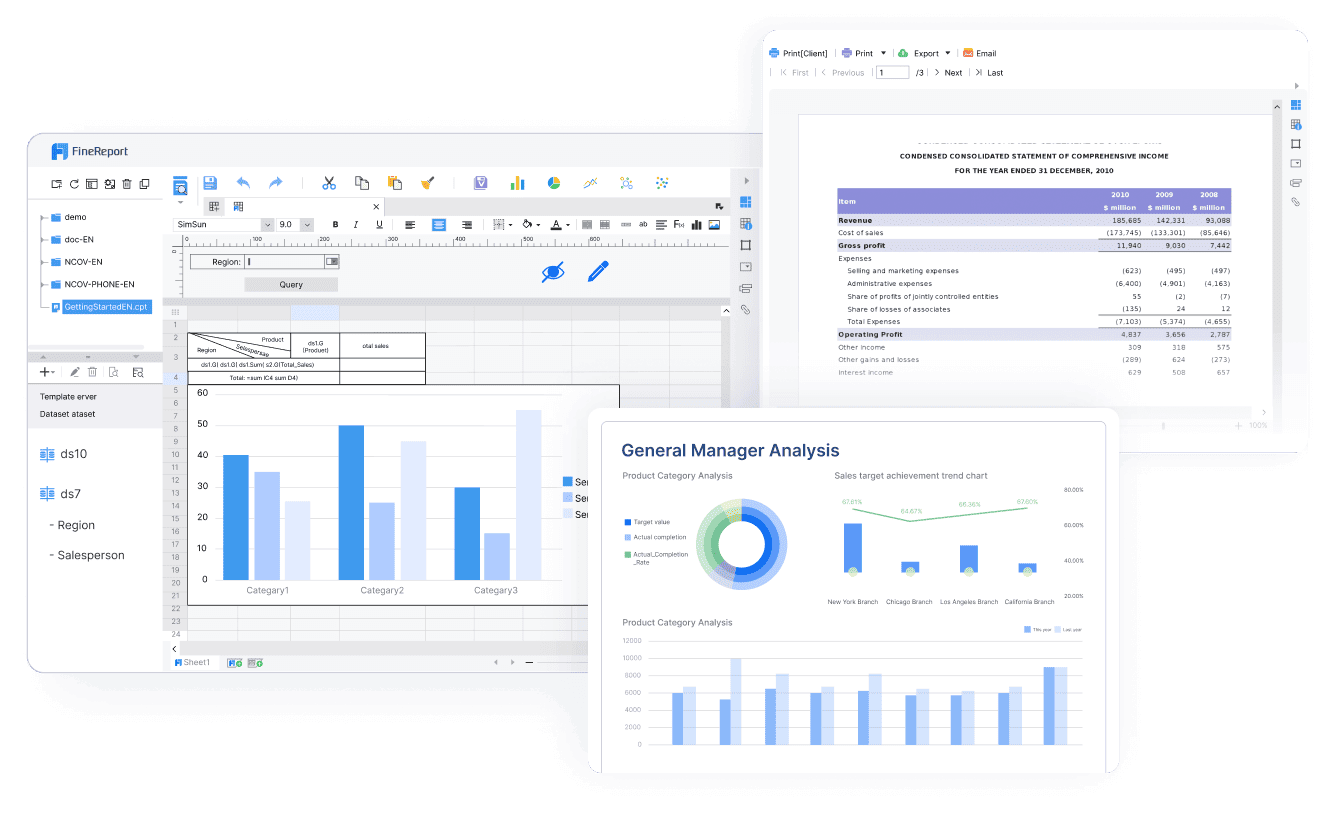
Tip: Regularly review your reports to keep your marketing on track and reach your goals faster.
You gain many advantages when you use marketing management in your business in Malaysia. One of the biggest benefits of marketing management is business growth. You can track important metrics that show how well your marketing works. For example:
When you focus on these numbers, you make better decisions. Growth marketing helps you keep more customers. Existing customers often spend about 31% more than new ones. If you improve retention by just 5%, your profits can rise by up to 95%. You also increase your return on investment by putting money into the most effective campaigns. With tools like FineReport, you can collect and analyze data quickly. This helps you spot trends, adjust your marketing, and grow your brand awareness.
Another key benefit of marketing management is building strong customer relationships. You can use targeted marketing tactics to meet your customers' needs and wants. Studies show that service quality and clear communication have a strong positive effect on targeted customers. Customization also helps, especially when you tailor offers to different groups.
| Marketing Tactic | Impact on Targeted Customers | Impact on Non-Targeted Customers | Statistical Significance |
|---|---|---|---|
| Service Quality | Strong positive influence | Less influence | Significant (p < 0.05) |
| Marketing Communications | Strong positive influence | Less influence | Significant (p < 0.05) |
| Customization | Positive influence | Similar influence | Not statistically significant |
| Pricing Offers | Less influence | Strong positive influence | Significant (p < 0.05) |
| Reputation | Less influence | Positive influence | Not statistically significant |
You can use FineReport to track the customer journey and see which tactics work best. This helps you improve customer satisfaction and loyalty. When you use customer-centric approaches, you create better experiences and stronger relationships. You also support brand management by making sure every interaction builds trust and awareness.
Tip: Focus on your customers at every stage to boost satisfaction and long-term loyalty.
As a marketing manager, you play a central role in shaping your company’s success in Malaysia. You guide your team to understand the customer at every stage of the customer journey. You focus on the customer’s needs and wants, making sure your strategies match what the customer expects. Your daily work involves many important tasks:
When you focus on these responsibilities, you help your business in Malaysia grow. You see improvements in ROI, customer engagement, and conversion rates. You also create better experiences for the customer through hyper-personalization.
To succeed as a marketing manager, you need a mix of technical and soft skills. You must understand the customer deeply. You must also know how to use data and technology to support your decisions. Here are some key skills you should develop:
A strong marketing manager uses these skills to lead the team, build strong customer relationships, and drive business growth in Malaysia.
You see the impact of marketing management every day in the retail industry. As a marketing manager, you track important numbers to measure your success. These numbers help you understand how well your strategies work and where you can improve. Here are some key performance figures you should watch:
When you track these numbers, you can see which marketing efforts bring the best results. You might use social media marketing to reach new shoppers or create loyalty programs to keep customers coming back. As a marketing manager, you use these insights to adjust your campaigns and meet your customers’ needs and wants. You also help your team focus on building strong relationships and delivering value.
Tip: Regularly review your KPIs to spot trends and make quick changes that boost sales and customer loyalty.
![Marketing Management: Marketing_Analysis[1].png](https://media.finebi.com/strapi/Marketing_Analysis_1_fd96e2ffe8.png)
You play a big role in connecting marketing and operations. As a marketing manager, you use data from operations to make better decisions. Advanced Planning and Scheduling (APS) software gives you real-time information about production, inventory, and delivery. This helps you match what you offer with what customers want.
You benefit from several practices in operation management:
As a marketing manager, you use these tools to align your marketing strategies with operations. You make sure your business in Malaysia can deliver what you promise. This teamwork leads to better customer satisfaction and stronger business results.
You gain a powerful advantage when you master marketing management. You use data to understand your customers and make smart decisions. Here are some ways marketing management helps you and your business in Malaysia grow:
Explore tools like FineReport to make your marketing smarter and more efficient. Strong marketing skills help you stand out and succeed in any business in Malaysia.
Click the banner below to try FineReport for free and empower your enterprise to transform data into productivity!

The Author
Lewis
Senior Data Analyst at FanRuan
Related Articles

What is a data management platform in 2025
A data management platform in 2025 centralizes, organizes, and activates business data, enabling smarter decisions and real-time insights across industries.
Howard
Dec 22, 2025

Top 10 Database Management Tools for 2025
See the top 10 database management tools for 2025, comparing features, security, and scalability to help you choose the right solution for your business.
Howard
Dec 17, 2025

Best Data Lake Vendors For Enterprise Needs
Compare top data lake vendors for enterprise needs. See which platforms offer the best scalability, integration, and security for your business.
Howard
Dec 07, 2025